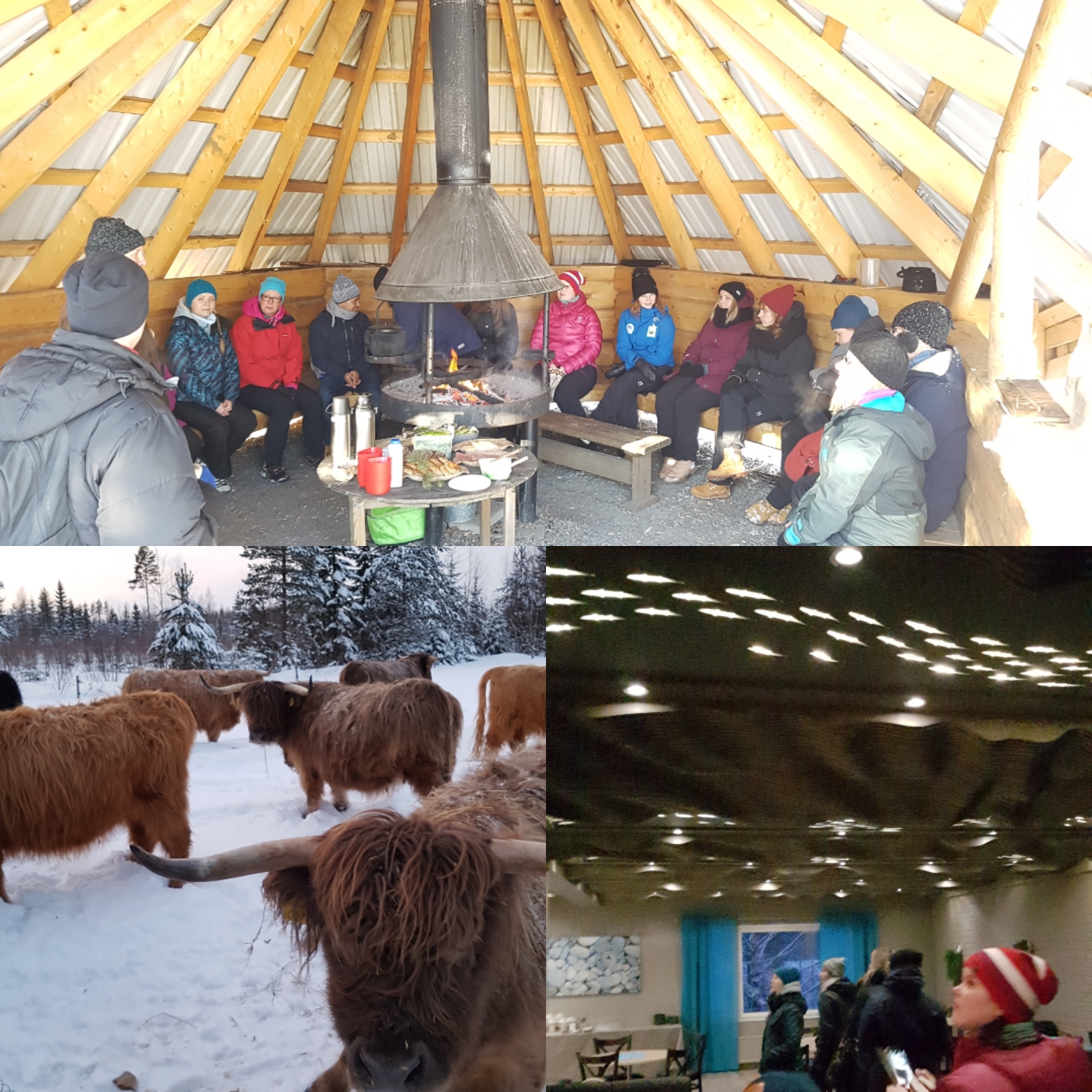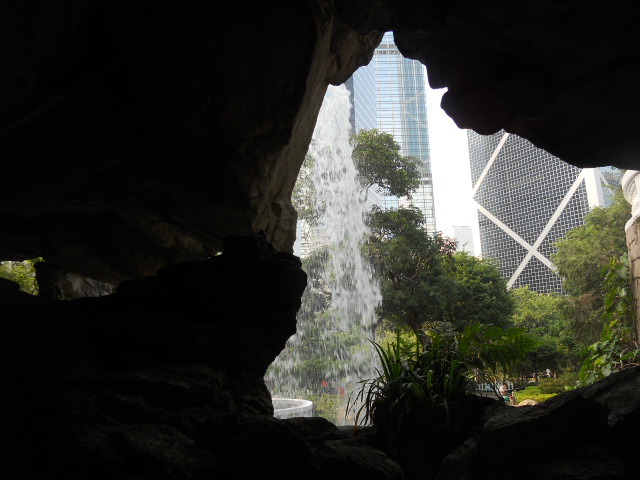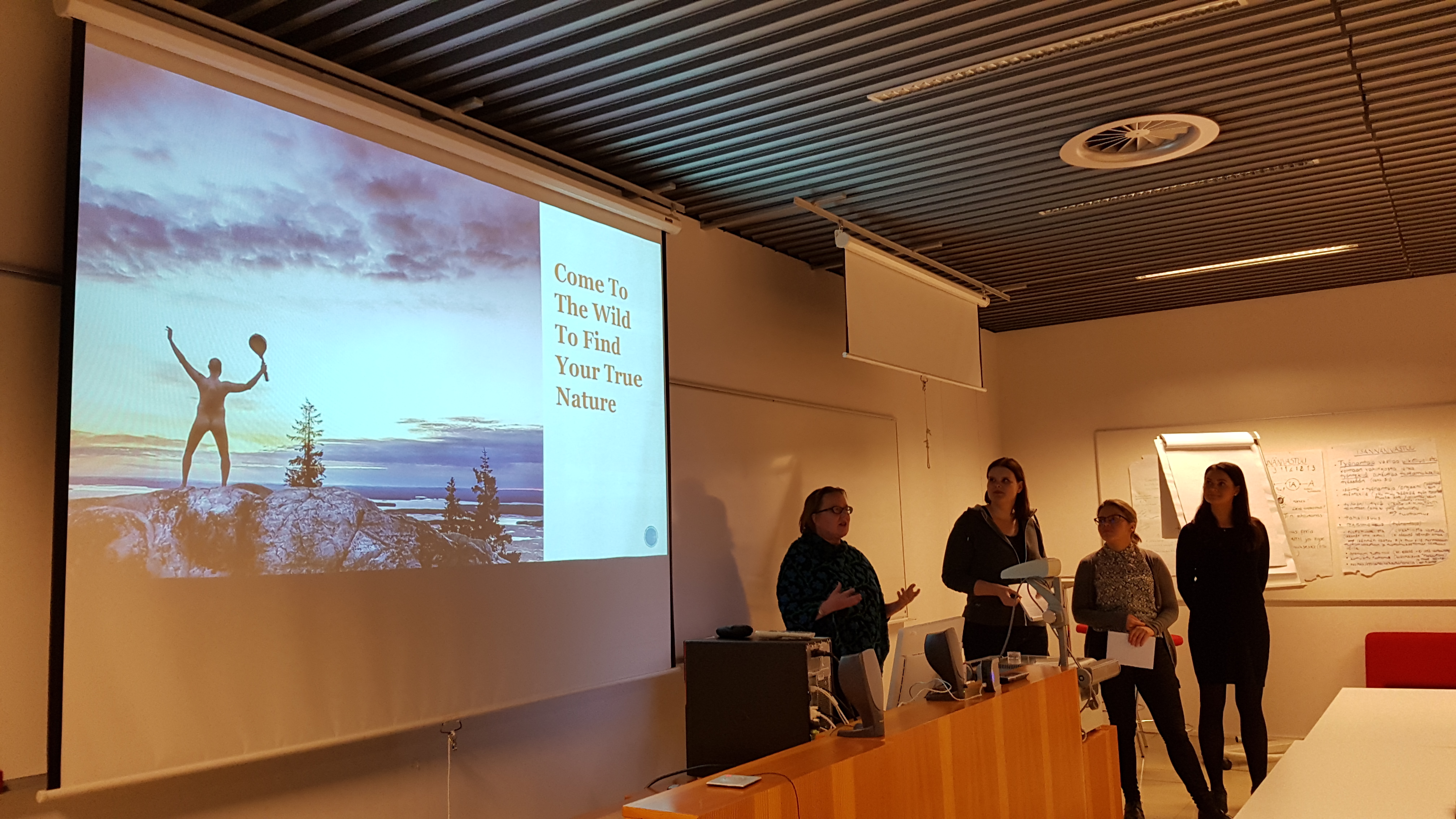
Will blockchain shake the paradigm of tourism?
Understand the Blockchain Traditionally, when referring to information and communication technology, we are familiar with the concepts of the Internet of Things (IoT), robotics, contactless technology, and social media since these technologies are highly implemented in our everyday life. Conversely, when blockchain is addressed on the table, we tend to avoid this concept due to […]

TMM developing tourism business at Etelä-Konnevesi region
Our International Master’s Degree Programme in Tourism Marketing and Management (TMM) has started a collaboration with municipalities of Konnevesi and Rautalampi and tourism stakeholders in the region. The concrete first step in this collaboration was a two-day workshop on developing nature tourism in the Etelä-Konnevesi region, organized in Konnevesi research station 14.-15.3.2018. Together with Anne […]

Complexity of academic research
To understand the world I’ve started my university (academic research) studies this autumn. I´m 32 years old, and I like my age. At least for me, the somewhat life experience gives a better feeling in this rather complex overall feeling that I am having at the moment. I will get back to this later. I’ve […]

Tourism Marketing and Management programme takes novel approach to business studies
A business degree that specialises in tourism business is now available for the first time in Finland. Running at the University of Eastern Finland Business School, the international Master’s Degree Programme in Tourism Marketing and Management has got off to a good start, as 20 new students started at the Joensuu Campus this September. Their […]
Study tourism business at UEF: Master’s Degree Programme in Tourism Marketing and Management
There are dozens of reasons why you should study Tourism Marketing and Management at University of Eastern Finland. Here are 16 top reasons to study with us: High quality studies We aim to keep the quality of our studies high. Our studies are not the easiest; there are no free credits but a lot to […]